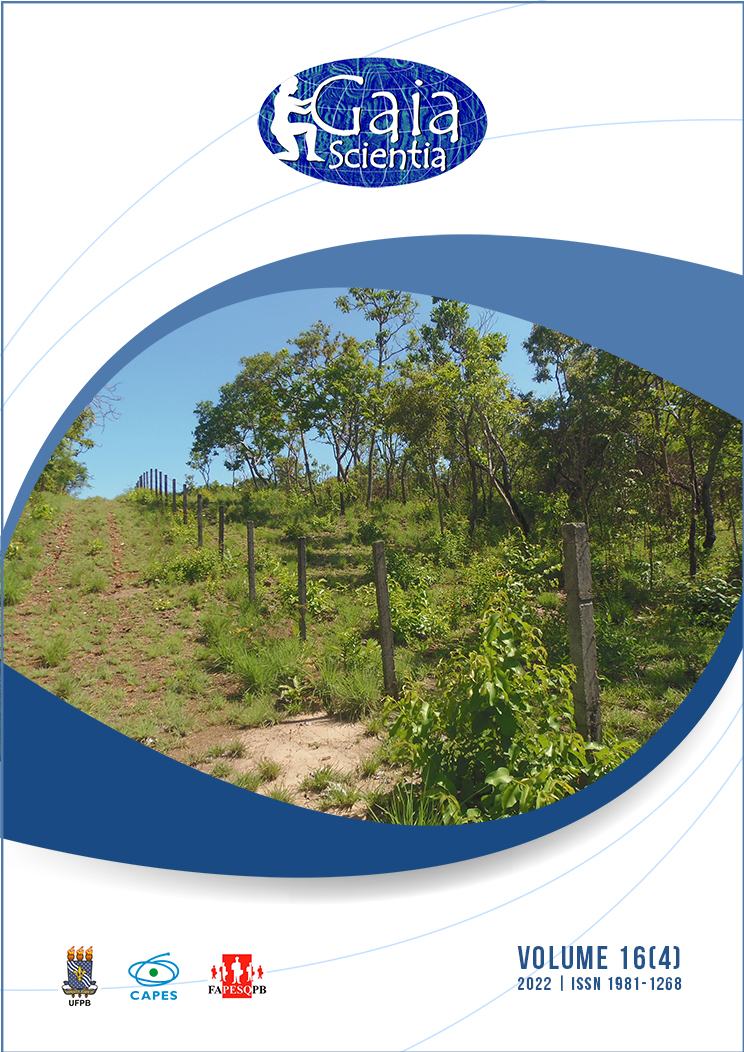Desempenho socioeconômico e ambiental em cooperativas no sudeste do Pará
DOI:
https://doi.org/10.22478/ufpb.1981-1268.2022v16n4.63912Resumo
As cooperativas são consideradas uma alternativa para o enfrentar problemas socioeconômicos e ambientais, e alcançar uma sociedade mais sustentável devido as suas formas de trabalho baseado em cooperação. A pesquisa propõe identificar como as cooperativas auxiliam a sustentabilidade local por meio de indicadores. O levantamento de informações se deu através de pesquisa de campo e aplicação de um formulário contendo questões sobre os cooperados e indicadores inseridos nas dimensões social, econômica e ambiental, onde obteve-se o nível de sustentabilidade das cooperativas e o desempenho dos indicadores. O estudo mostrou que as cooperativas se caracterizam com média sustentabilidade. Na dimensão social ficou evidente que os indicadores de oportunidade de emprego e sucessão familiar na cooperativa apresentaram os menores desempenhos. Na dimensão econômica as cooperativas conseguem assegurar o retorno financeiro aos cooperados, mas ainda possuem fragilidades em renda econômica, fontes de renda alternativas, eficiência no sistema produtivo (Cooper e “Mulheres de Barro”) e comercialização (“Mulheres de Barro”). Na dimensão ambiental, a “Mulheres de Barro” apresentou desempenho melhor que a Cooper e identificou-se que as duas cooperativas realizam práticas de conservação dos recursos naturais, e acreditam que suas atividades auxiliam na preservação do meio ambiente.










